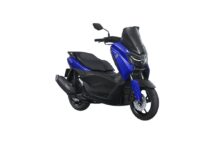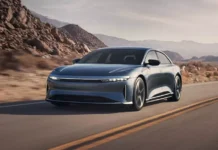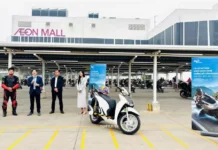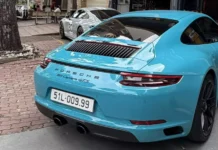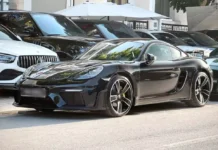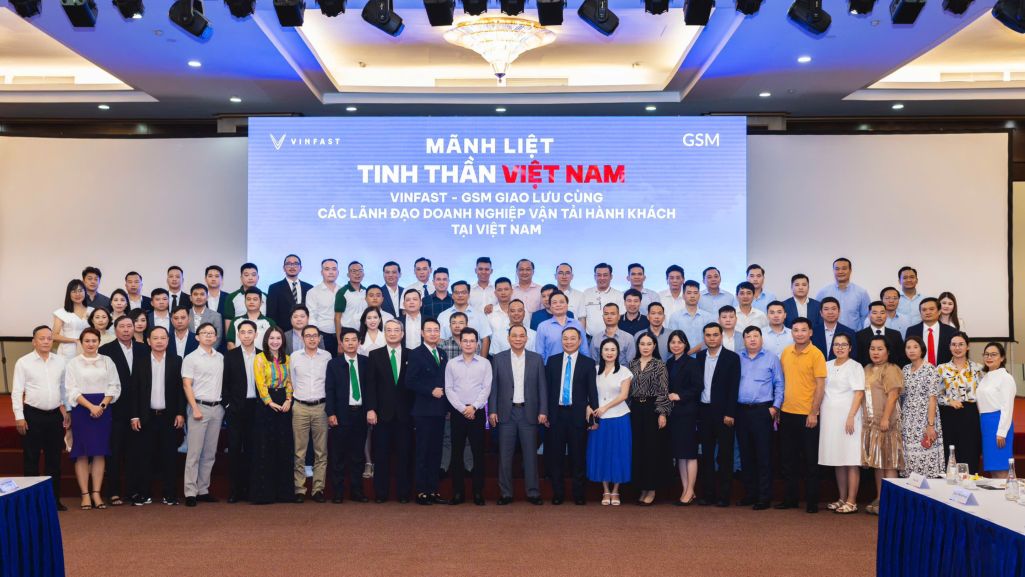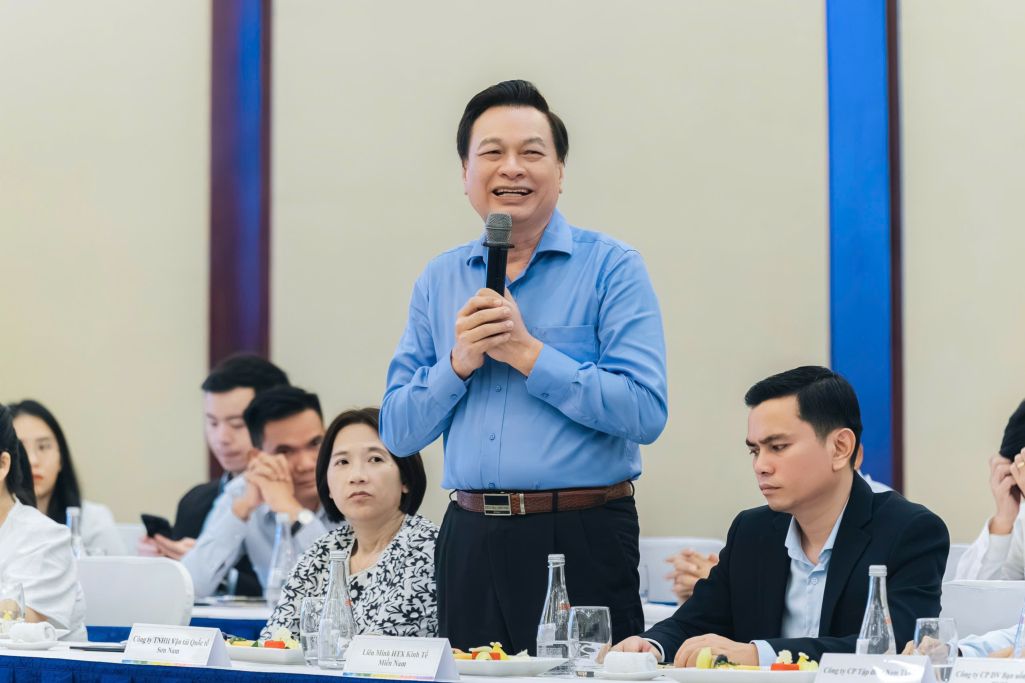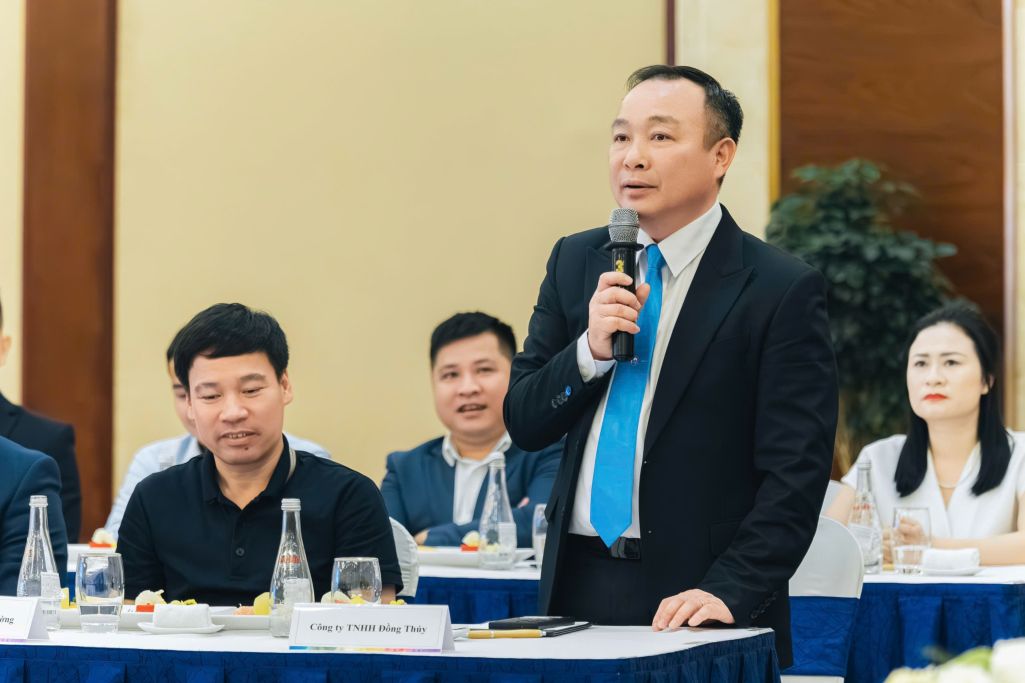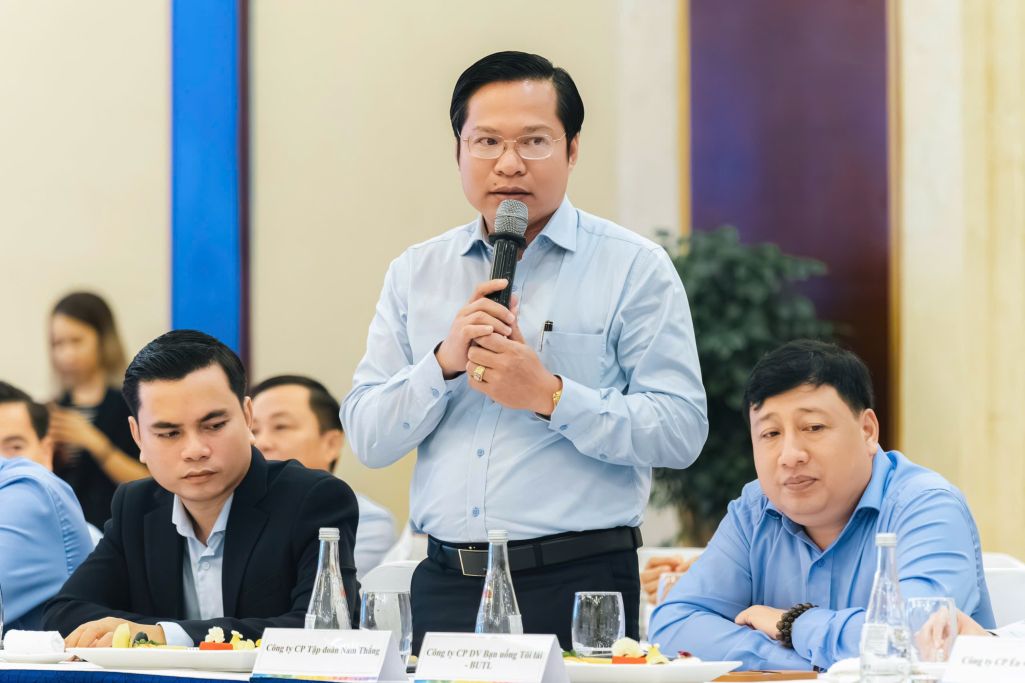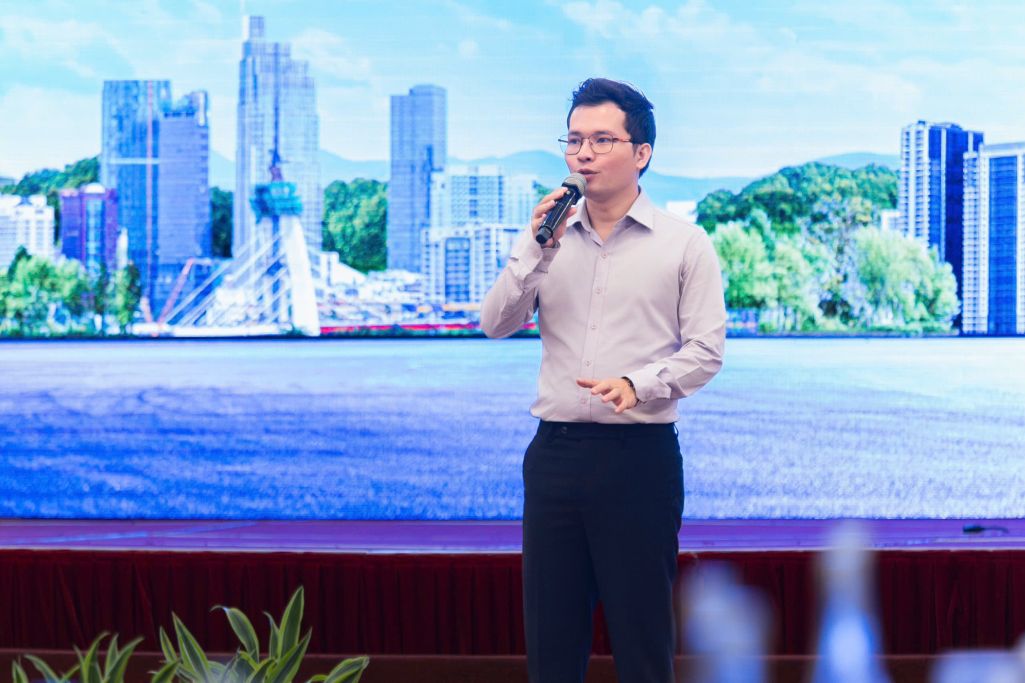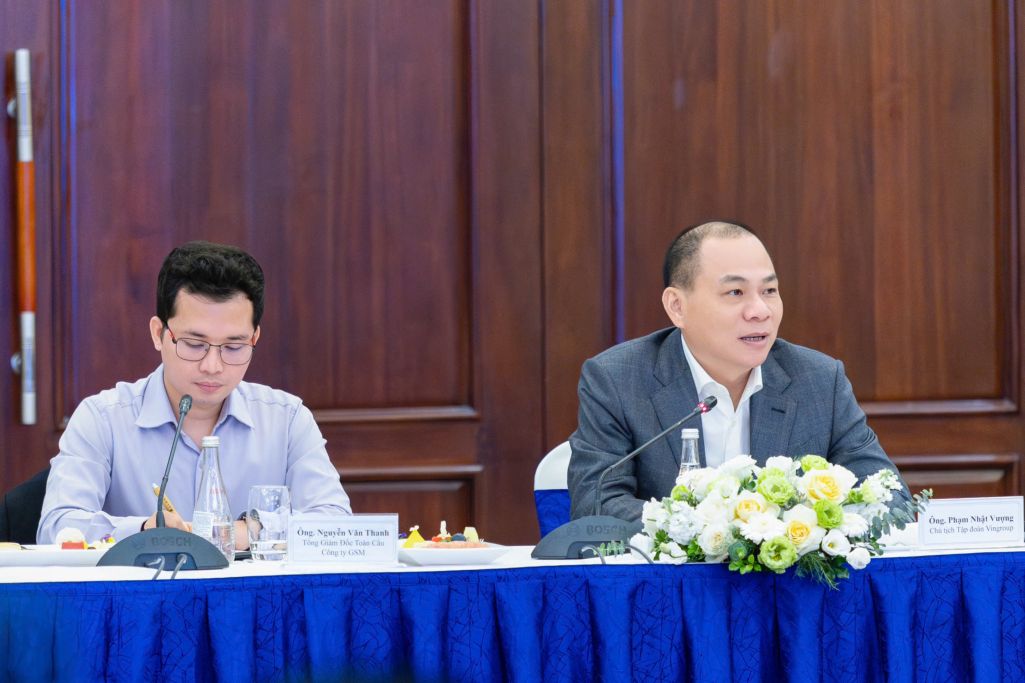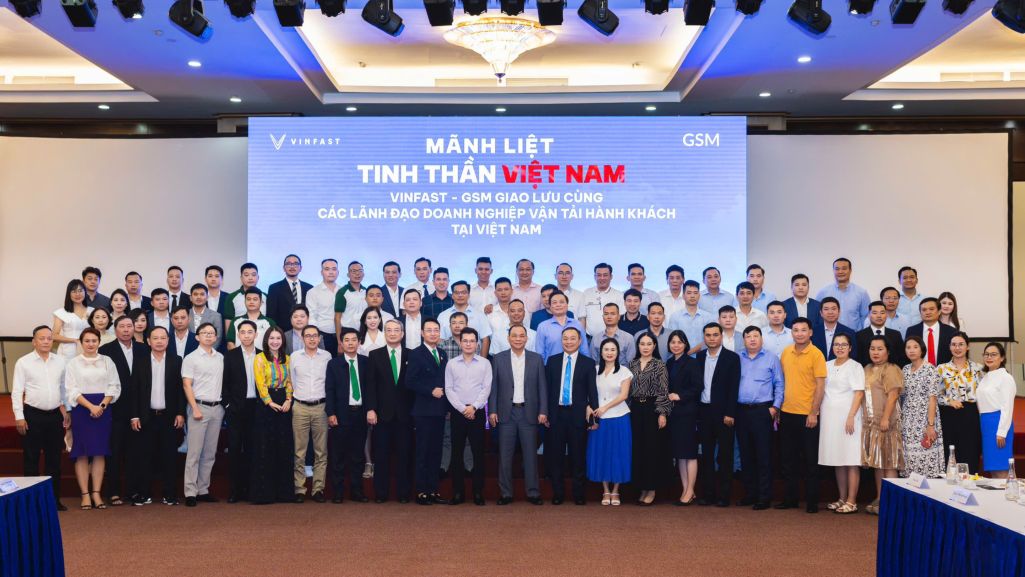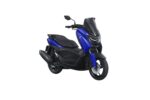With a clear advantage in quality, cost, and environmental protection, dozens of transport businesses in Vietnam are embracing the shift towards green transportation.
Some companies are even willing to forfeit deposits on gasoline vehicles of renowned Japanese brands to embrace this change.
At a gathering between VinFast – GSM and over 50 passenger transport businesses in Vietnam on September 30, Mr. Ho Chuong, CEO of Son Nam International Transport Company, shared a recent story. His company had signed a contract to purchase gasoline-powered vehicles from Toyota but was willing to cancel the order, forfeiting their deposit, to transition to VinFast electric vehicles.
This decision wasn’t easy, but Mr. Chuong calculated that a Toyota Vios operating in the city incurs a cost of up to VND 1,750 per kilometer. In contrast, the average cost for a VinFast electric vehicle is only about VND 600 per kilometer. This means that electric vehicles can save up to 60% in energy costs compared to gasoline-powered cars.
Mr. Ho Chuong, CEO of Son Nam International Transport Company, shared his willingness to forfeit the deposit on gasoline vehicles to transition to electric cars.
According to the owner of MaiLove Taxi, in addition to cost savings, the shift to electric vehicles aligns with the government’s direction to develop green and clean public transportation. This makes it a sustainable and long-term strategy.
Mr. Chuong’s opinion received support from dozens of transport businesses present at the event.
Mr. Nguyen Ngoc Dong, CEO of Dong Thuy Company (operator of Lado Taxi), is one of the entrepreneurs who deeply understands the changes after transitioning from gasoline to VinFast electric vehicles. He recalled the challenging year of 2022, when Lado struggled to find its footing after the pandemic. Mr. Dong placed his trust in electric vehicles to preserve the company’s brand and the livelihoods of its employees, starting with a fleet of VF e34 cars.
Things gradually improved and even flourished. Lado, associated with a fleet of electric taxis, gained popularity among locals and tourists alike, who increasingly sought out their quality electric vehicles. “People arriving at Lien Khuong Airport specifically looked for our electric taxis,” Mr. Dong reminisced.
Lado’s revenue increased, and so did the drivers’ income. “Each VF e34 generates a daily revenue of at least VND 1.8 million. When drivers meet, they no longer ask about revenue but proudly show off their earnings,” shared the leader of Lado Taxi.
Mr. Nguyen Ngoc Dong, representing Lado Taxi, expressed his satisfaction with VinFast’s incredibly good after-sales service.
In addition to the electric vehicles’ quality and cost-effectiveness, Mr. Dong was impressed by the after-sales service. He shared that he had purchased thousands of gasoline-powered cars from various brands but had never experienced such “incredibly good” after-sales service as provided by VinFast and GSM.
Mr. Dong mentioned that Lado Taxi has already converted over 800 vehicles to electric and committed to transitioning to 100% electric taxis by the end of the year, with approximately 1,100 cars.
He encouraged other transport companies to make the green transition. “I jokingly tell other businesses to go ahead and make the switch, and if they lose money, I’ll cover it because I’m that confident in the cost-saving capabilities of VinFast electric vehicles,” he said.
Mr. Tran Ba Thang expressed his desire for businesses to unite in the green transition for the country’s development.
Mr. Tran Ba Thang, Chairman and CEO of Nam Thang Company, agreed with this sentiment. His company already has a fleet of 800 electric vehicles operating in 4-5 provinces and cities, and by the end of the year, they aim to increase this number to 999. Mr. Thang voiced his hope that businesses would unite in this green transition, not only creating stable jobs but also contributing to the local green foundation and generating revenue for the country’s development.
Mr. Nguyen Van Thanh, CEO of GSM Global, expressed his pride in witnessing Vietnamese passenger transport businesses unite and collaborate in embracing green transportation.
Mr. Nguyen Van Thanh, CEO of GSM Global, shared his pride in the unity among passenger transport businesses in the shift towards green transportation.
Mr. Thanh summarized the three phases of Vietnam’s transport industry. The first phase involved the entry of foreign businesses into Vietnam, such as Grab and Uber. The second phase was a challenging period when the entire market was affected by the pandemic. The third and current phase is the “green revolution.”
During the first two phases, domestic transport businesses struggled to adapt and change due to the involvement of foreign companies. However, the current phase is significantly different, as VinFast, GSM, and other enterprises are pioneering a united front, forming a larger and broader alliance. It’s not just one company standing up but dozens or even hundreds of them.
So far, Mr. Thanh estimates that about ten transport companies have completely switched to electric vehicles this year. He hopes that by 2025, this number will reach 40-50, helping to spread green transportation across Vietnam’s provinces and cities.
Mr. Pham Nhat Vuong, Chairman of Vingroup, emphasized his desire to accompany and partner with businesses for mutual growth and shared benefits.
Listening to the transport companies’ insights during the gathering, Mr. Pham Nhat Vuong, Chairman of Vingroup, expressed his desire to accompany and partner with these businesses for mutual growth and shared benefits.
Mr. Vuong highlighted two primary goals: First, to build a greener, cleaner, and safer future for our children, ensuring a better living environment for future generations. Second, to establish a Vietnamese brand with international recognition. “While VinFast may be the first, it will inspire the rise of dozens or even hundreds of other brands. This will be a source of pride and a promising future for our children,” affirmed the Chairman of Vingroup.
TH (Tuoitrethudo)

